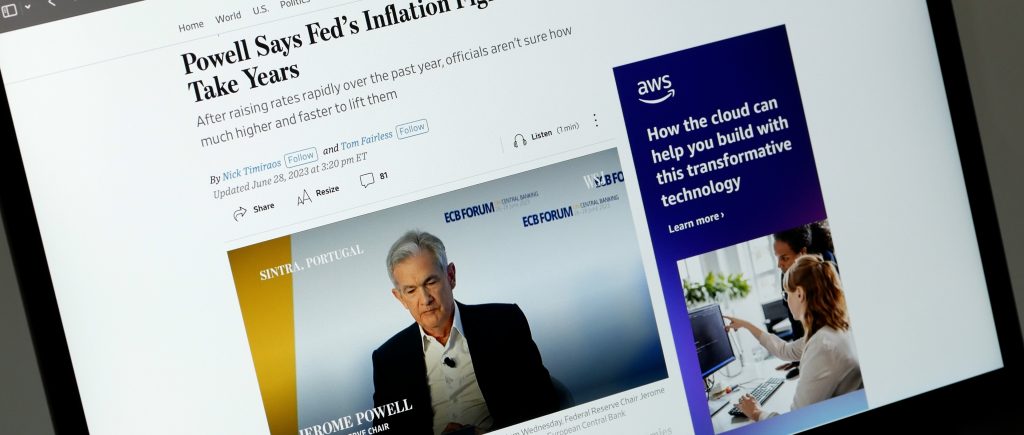Federal Reserve Chair Jerome Powell recently raised concerns about the potential for more frequent and persistent supply chain shocks, which could complicate the central bank’s efforts to balance inflation control with employment stability. Speaking at a recent conference, Powell noted that these disruptions could fuel inflationary pressures and challenge the Fed’s dual mandate of maintaining price stability and maximizing employment. His remarks come amid heightened economic uncertainty driven by trade policies and global supply chain dynamics, prompting investors to reassess their portfolios for resilience.
Powell’s warning underscores the challenges posed by supply shocks, which can disrupt production, drive up costs, and exacerbate inflation while potentially pressuring job markets. Unlike demand-driven inflation, supply shocks—such as those triggered by trade tariffs or geopolitical tensions—create a complex environment where higher prices coincide with economic slowdown. The Fed’s current benchmark interest rate, held steady at 4.25% to 4.5%, reflects a cautious approach as policymakers navigate these risks without committing to premature rate cuts. Powell emphasized that the economic landscape has shifted significantly since the Fed’s last policy framework review in 2020, with higher real interest rates signaling expectations of ongoing volatility.
Despite these concerns, Powell’s comments suggest the Fed is adopting a wait-and-see strategy, prioritizing adaptability over hasty policy shifts. This approach aligns with the need to monitor the impact of recent trade developments, including President Donald Trump’s tariff policies, which have introduced volatility in global markets. While some companies, such as Apple, face challenges in relocating supply chains—shifting production from China to India, for instance—others are better positioned to weather these disruptions. Investors are advised to avoid panic-selling and instead focus on long-term strategies, as market reactions to Fed commentary can often be overblown.
Among the stocks highlighted as resilient to supply chain shocks, Netflix stands out as a strong contender. As a leader in the digital economy, Netflix (NASDAQ:NFLX) is largely insulated from physical supply chain issues due to its streaming-based business model. With its stock recently hitting new highs above $1,200 per share, driven by robust earnings and analyst upgrades, Netflix offers stability in an uncertain market. Analysts, including David Joyce of Seaport Research, have raised price targets, citing the company’s recession-resistant qualities and growing content library, which includes recent additions like Sesame Street. Even in the face of potential economic downturns, Netflix’s subscriber base is likely to remain loyal, supported by its strong offerings in live events and gaming.
As the Fed braces for a period of increased supply chain volatility, investors are encouraged to focus on companies with minimal exposure to physical supply chains. While the broader market may face turbulence, firms like Netflix could not only withstand but potentially thrive amid these challenges, offering a safe haven for portfolios in an uncertain economic climate.

 Noor Trends News, Technical Analysis, Educational Tools and Recommendations
Noor Trends News, Technical Analysis, Educational Tools and Recommendations




